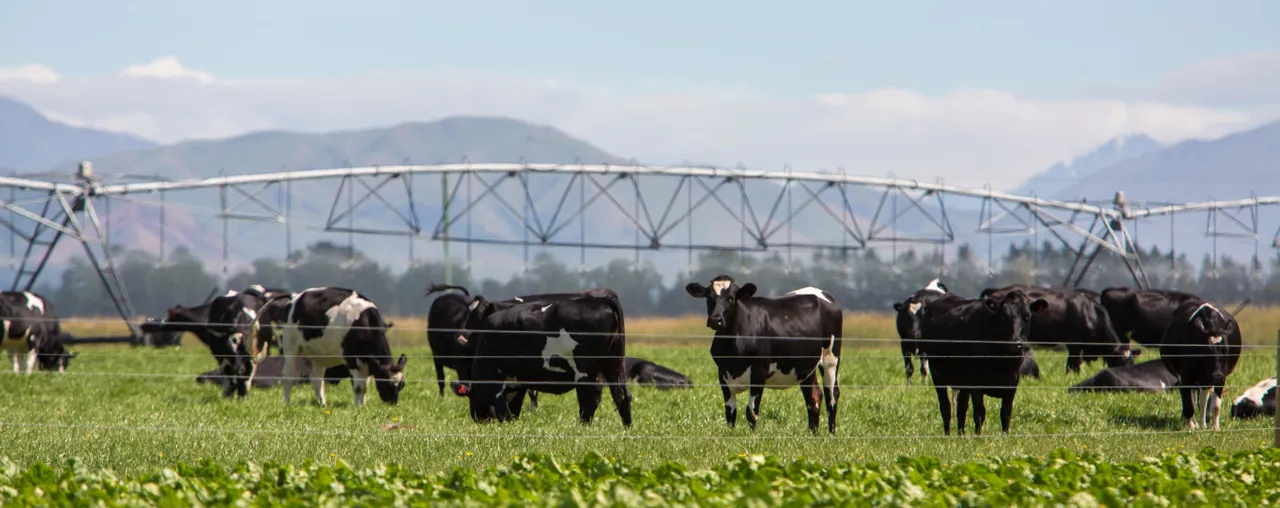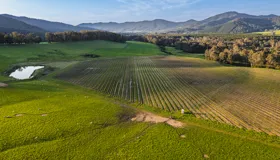
Tenacious Ventures is Australia’s first and only specialist agrifood tech venture capital firm. It supports early stage startups with tech-enabled new business models that are helping agriculture transition to a carbon neutral and climate change resilient future.
$10m
CEFC commitment
First
agrifood tech venture
$35m
fund
We saw through our advisory and ecosystem work that Australia has massive potential. We have globally recognised agriculture and agricultural research, but we lacked pathways for commercialisation. Over the last five years we’ve seen the ecosystem grow and produce world class start-ups, but many were struggling to attract funding. Local investors didn’t understand the space or have the networks to diligence opportunities and offshore investors were too far away.Sarah NoletCo-founder, Tenacious Ventures
Our investment
The CEFC was a cornerstone investor in the Tenacious Ventures fund, committing $8 million through the Clean Energy Innovation Fund, alongside private investment fund Grok Ventures. The CEFC investment was part of the Fund’s initial successful capital raising of $20 million.
Tenacious Ventures went on to raise $35 million, attracting additional investment capital from tech and agribusiness executives, family offices, impact investors and active primary producers. The CEFC has subsequently committed a further $2 million to the fund.
Tenacious invests in early-stage startups (seed and series A) all along the agrifood value chain, with 80 per cent of its to be deployed into Australian-domiciled startups at the time the fund invests. Tenacious looks for global potential and impact, including in traditionally challenging areas such as hardware and biology.
Tenacious was founded by agrifood tech experts Matthew Pryor, co-founder of agrifood tech startup Observant,and Sarah Nolet, founder of agrifood tech advisory firm AgThentic. As active ecosystem builders, helping create initiatives such as Farmers2Founders and the Australian Agritech Association, the co-founders saw the potential for Australian-originated agtech, but were frustrated by the lack of conviction in the investor community.
our impact
Australian agriculture is a major exporter of food and fibre, feeding more than 60 million people per year. According to Tenacious co-founder Matthew Pryor, Australian farmers reduced the greenhouse gas emissions intensity of agriculture by 63 per cent between 1996 and 2016. But more needs to be done to develop and export agricultural technology that improves the efficiency of production on a global scale.
Tenacious is seeking to invest in emerging agricultural technology which target measures to improve farm efficiency and increase food yields, reduce agricultural inputs, land clearing and methane emissions, advance plant science and crop genetics and minimise food waste.
The Tenacious portfolio features companies such as waste management startup Goterra, and SwarmFarm Robotics, an autonomous agricultural vehicle platform company. Other investments include: Nori, a US-based carbon marketplace; Vow, a cellular agriculture company; RapidAIM, a CSIRO spinout commercialising a digital crop protection platform; and Nowadays, a clean label sustainable protein company.
Tenacious is unique in its female representation, despite operating at the intersection of two traditionally male-dominated industries: agriculture and tech. In addition to Sarah Nolet, one of very few female founding General Partners in VC globally, and a majority female team, four of the original six Tenacious portfolio companies have a female founder or co-founder. Globally, only about 20 per cent of start-ups raising their first round of funding have female founders.
Read our article on this innovative fund with Tenacious Ventures




